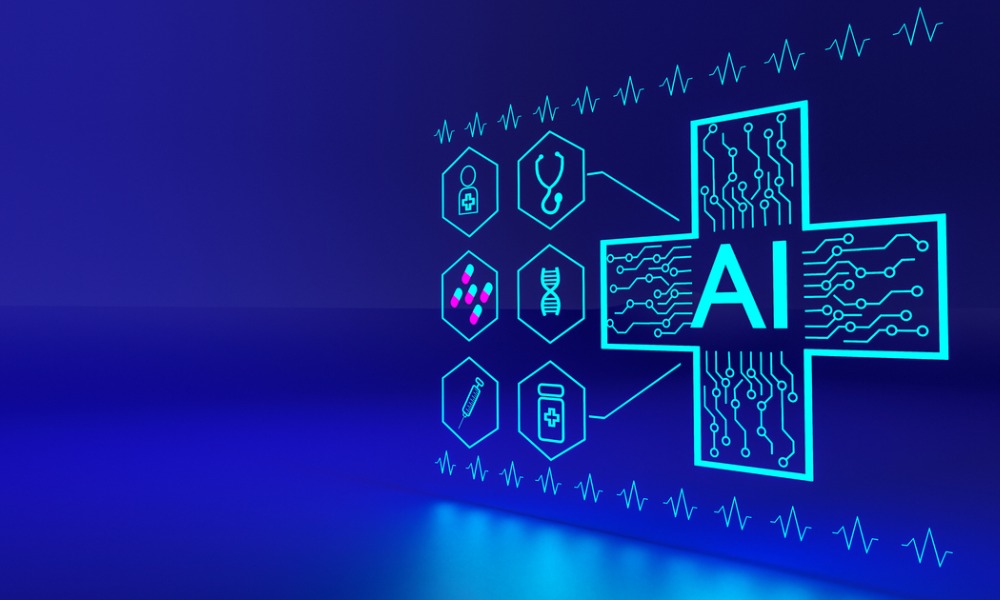'Data-driven assessments fosters fairer decision-making,' says expert

Health and safety professionals are shouldering an increasingly diverse array of responsibilities, including those related to diversity, equity, and inclusion (DEI). The integration of technology, particularly artificial intelligence (AI), offers promising avenues for progress, especially in heavy industry.
"Human decision-making, where bias is rampant, poses significant challenges," says Lindsey Zuloaga, chief Data Scientist at HireVue. "AI and automation bring much-needed standardization to the hiring process, ensuring all candidates are evaluated consistently and based on job-relevant competencies."
Zuloaga says AI is transforming recruitment practices, citing examples of HireVue's clients experiencing increased diversity post-implementation. "Moving away from subjective evaluations to data-driven assessments fosters fairer decision-making," she explains. "By analyzing performance metrics and skills showcased during interviews, hiring managers gain a more rational basis for candidate selection."
Addressing concerns about AI perpetuating bias, Zuloaga underscored the critical importance of meticulous data curation. "Training algorithms with diverse datasets is pivotal," she stresses. "We must actively mitigate biases encoded within training data to ensure equitable outcomes."
For heavy industries such as construction, mining, and oil and gas, historically male-dominated sectors, Zuloaga proposed strategies to attract a more diverse talent pool. "Employers can utilize realistic job previews showcasing diverse teams to challenge stereotypes and encourage underrepresented groups to apply," she suggests. "Such initiatives have yielded tangible results, with companies witnessing a surge in female applicants."
Looking ahead, Zuloaga envisioned AI's role evolving beyond recruitment to address the dynamic nature of future job markets. "As job landscapes rapidly evolve, AI will play a pivotal role in facilitating skill identification and workforce agility," she predicts. "Enabling individuals to navigate career transitions and upskill in response to emerging demands."
Zuloaga reiterates the commitment to supporting DEI efforts through AI-driven innovation. "Advancing diversity, equity, and inclusion remains a core objective," she affirms. "We are dedicated to harnessing AI responsibly to foster inclusive workplaces and drive meaningful societal impact."
As health and safety professionals navigate the complexities of modern workplaces, leveraging AI as a tool for DEI can revolutionize recruitment practices and cultivate more inclusive work environments.





